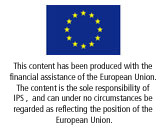By Busani Bafana
RIO DE JANEIRO, Jun 21 (TerraViva) Canadian grain and lentils farmer Nettie Wiebs does not support a green economy, a term she says has become a euphemism for corporate land grabbing that is putting smallholder farmers out of business.
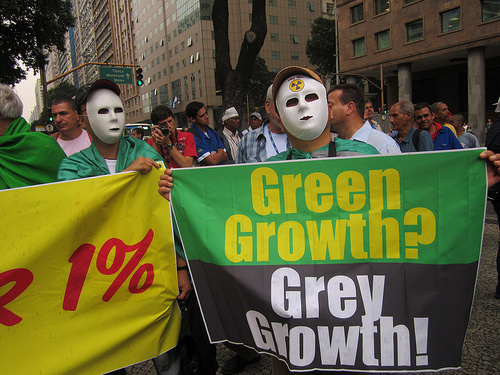
Protesters denounce the new “green economy” at a march in Rio de Janeiro June 20. Credit: Mario Osava/IPS
The concept of a green economy is being touted as a path to a sustainable future at Rio+20 but La Via Campesina, a global organisation of smallholder farmers, is fed up with what it sees as greenwashing.
“Our analysis of the green economy solution is that it is a false solution and in reality it is a legitimisation of land grabs, water grabs and seed grabs from their rightful populations, the smallholder farmers,” Wiebs told TerraViva.
“We utterly reject the idea of a green economy based on the agribusiness model of corporate interests because a vast majority of people in the world are badly served by it. We’re in a deep struggle to defend healthy food production and a living environment for all of humanity. It is our livelihood and their lunch.”
Wiebs, who runs a family farm east of Vancouver, said despite living in a highly industrialised country, corporate investment in agriculture is displacing smallholder farmers like her. She said a recent census in Canada noted that the small farm population is rapidly shrinking and its collapse was linked to corporate investment in agriculture “solutions”.
“We are in this food crisis because of agribusiness which makes prices very volatile, speculation in commodity markets, increases hunger and gives control over food production processes to a small group of actors whose key objective is to profit,” Wiebs said.
Luc Gnacadja, the executive secretary of the United Nations Convention to Combat Desertification, views the term “land grabs” as overly negative, arguing that land transactions are business transactions that empower farmers as well as from investors.
“Land grabbing is a kind of business and in every business there are crooks,” Gnacudja told Terraviva. “It is the responsibility of government to keep crooks in check, regulate and incentivise best practises.”



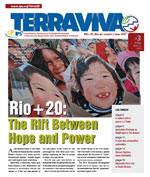
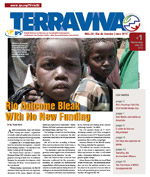
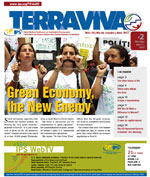

 Add to Google
Add to Google




